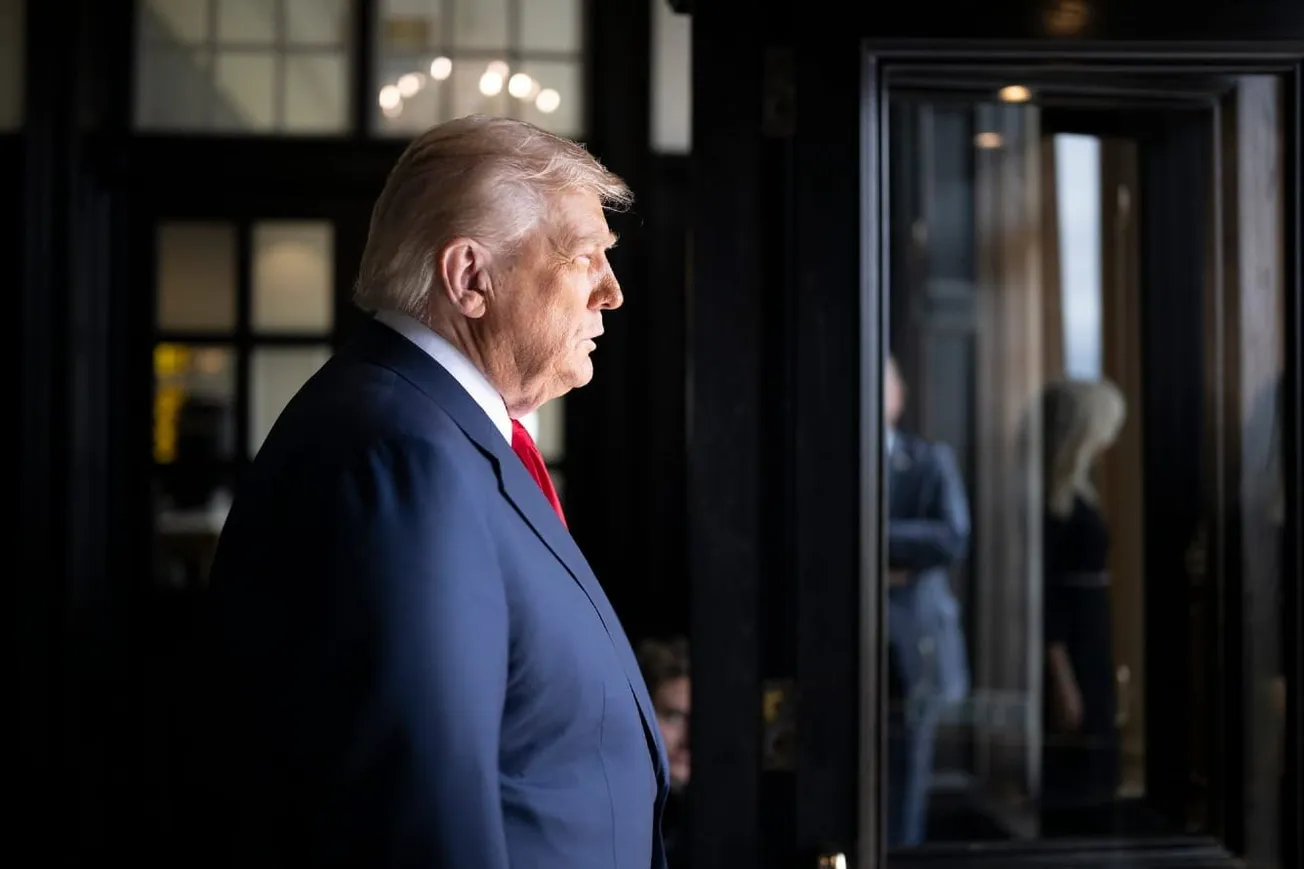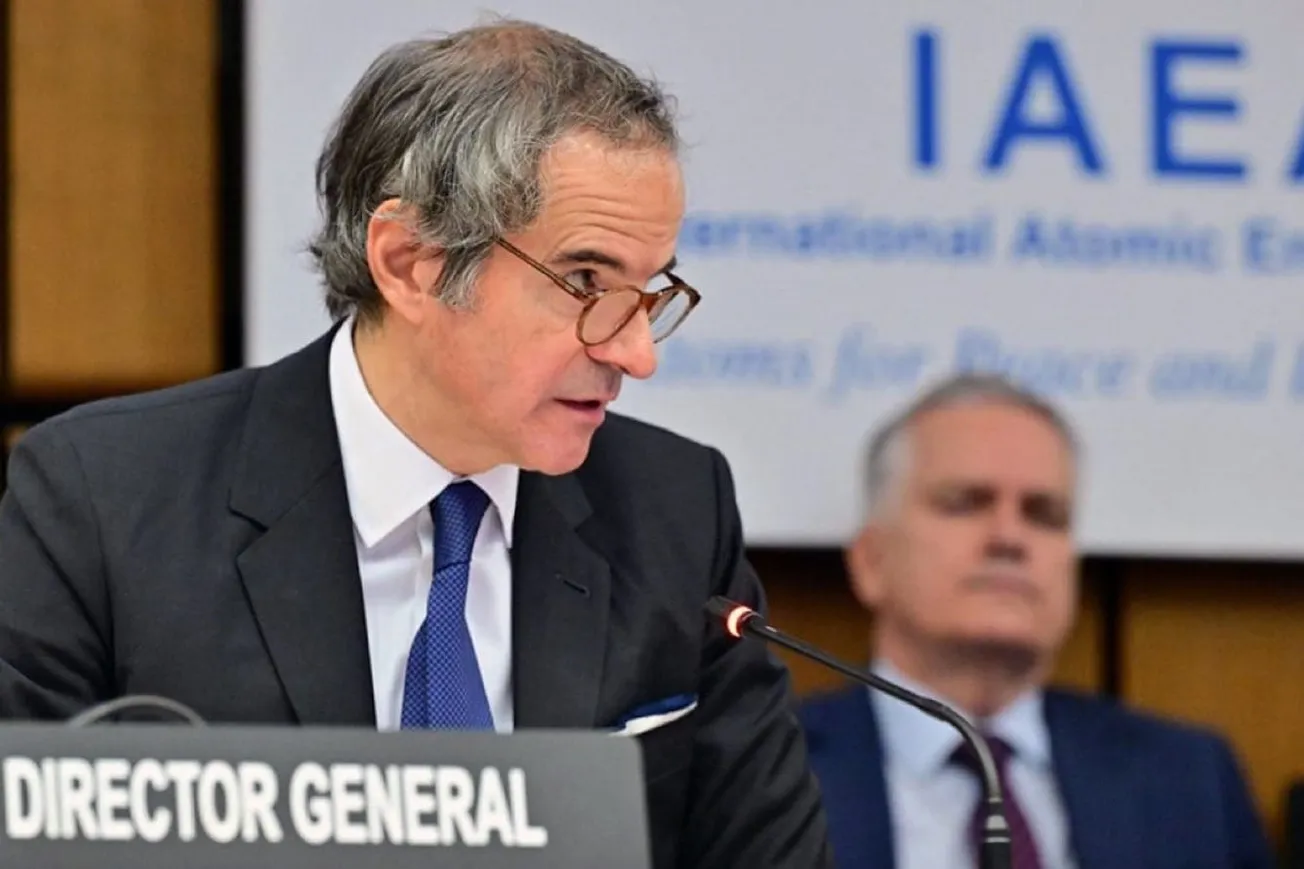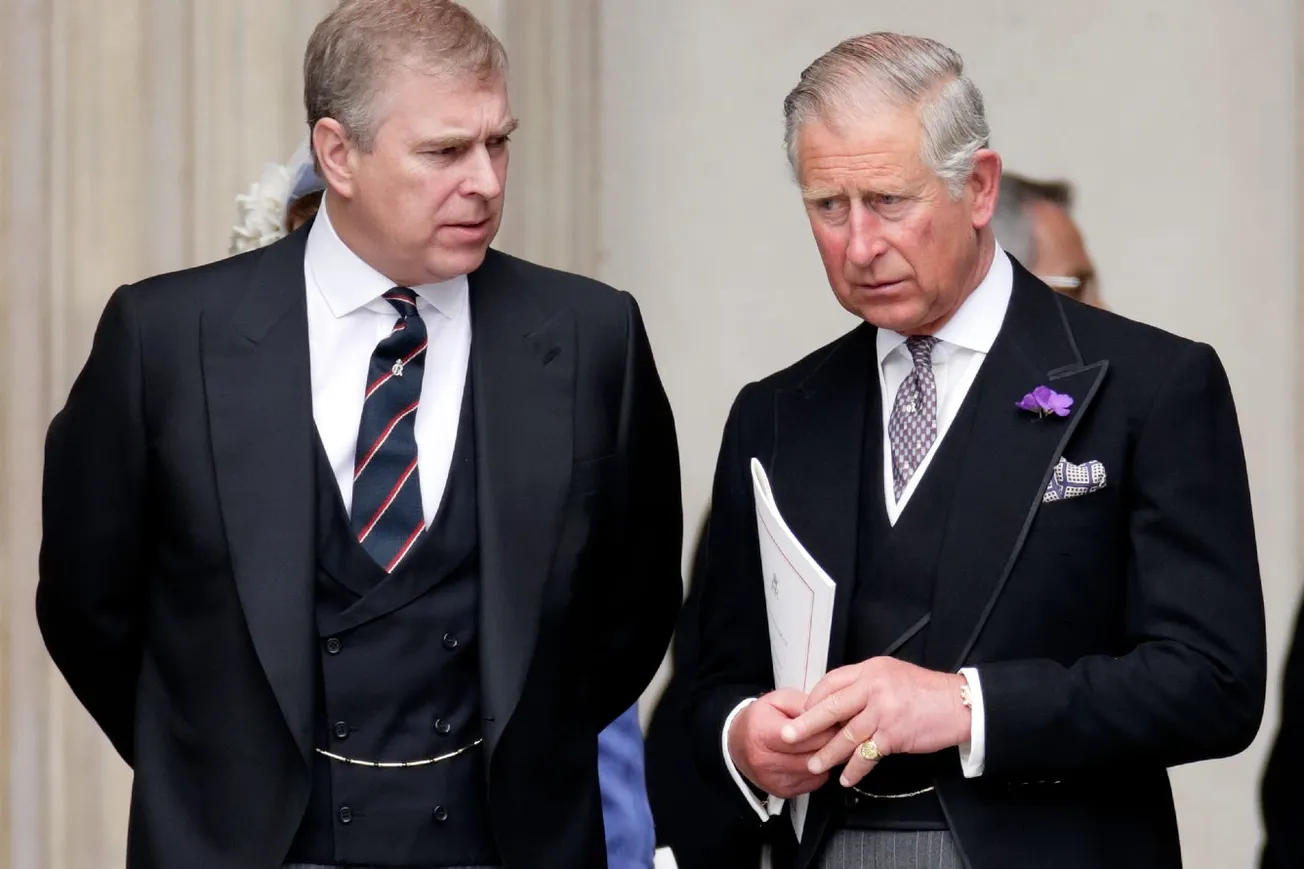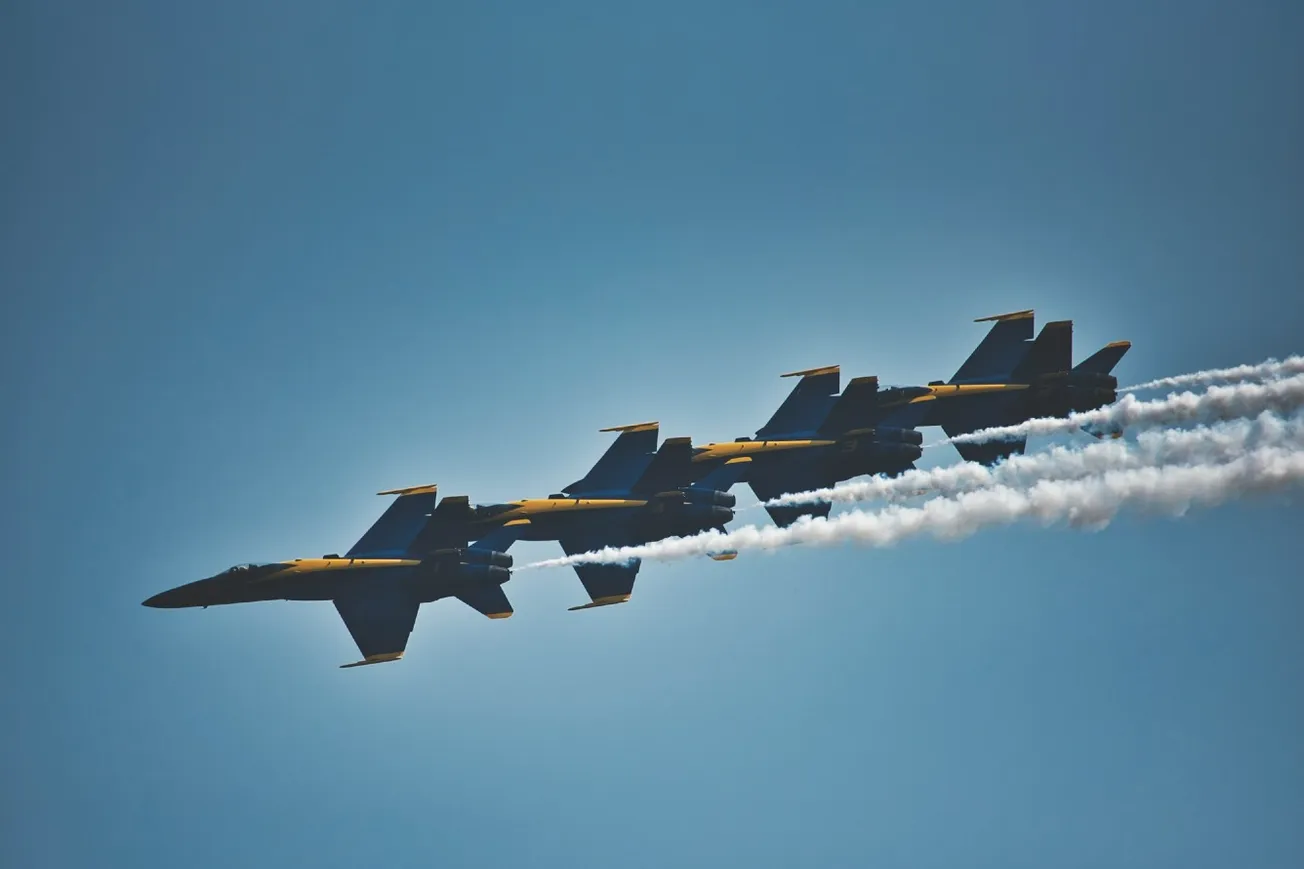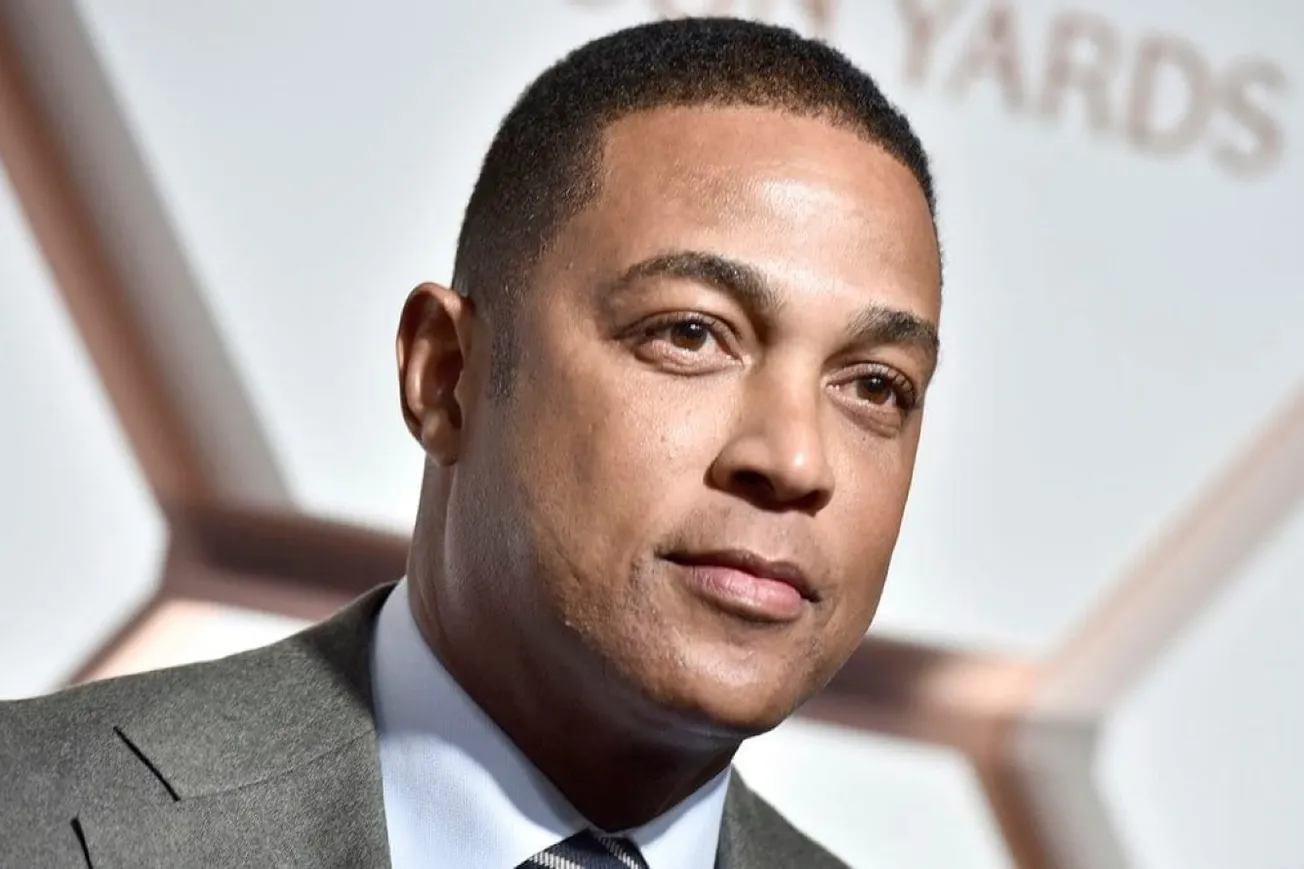By Wallace White, Daily Caller News Foundation | January 12, 2025
Iran has largely been left unchecked by the Biden administration in its goal to become a nuclear power, presenting President-elect Donald Trump with a significant foreign policy challenge that has few easy solutions.
Iran, with its current stockpiles, can make a nuclear weapon with 60% enriched uranium in just one week, the International Atomic Energy Agency (IAEA) said in a November bulletin. The president-elect will have to choose a path quickly upon assuming office, such as renegotiating a deal to halt or slow Iran’s progress, military intervention or re-tooling sanctions that have so far been ineffective.
“The United States needs another Middle East war like it needs a hole in the head,” Justin Logan, director of defense and foreign policy studies at the Cato Institute, told the DCNF. “There are all kinds of angles from which escalation could happen, and Trump openly campaigned as a Peace Through Strength leader, not a warmonger. With that said, a lot turns on what Trump’s closest advisers will do to shape the president’s understanding of the options. Unfortunately, we’re heading to a fork in the road.”
The first, and perhaps most direct option, is a military strike from the U.S. on Iranian nuclear facilities. Trump advisers have reportedly expressed concern that Iran’s progress may be too far in, and a military strike may be the only option, according to Axios. Israel would be a prime candidate to assist with a strike, as it has conducted similar operations in the past.
Trump refused to elaborate on his Iran strategy in a recent press conference, saying it would be “stupid” to disclose his strategy openly.
“The Trump Administration is committed to reestablishing peace & stability in the Middle East. President Trump will keep all options on the table as it relates to the Iran Regime including Maximum Pressure,” Brian Hughes, Trump-Vance transition spokesperson, told the DCNF.
Jason Brodsky, policy director of United Against Nuclear Iran, told the DCNF that Trump’s strategic ambiguity is actually an advantage that could allow diplomacy to still be an option.
“You’ll see reporters ask him about a military strike on Iran, a preemptive military strike on Iran, and whether he would consider it, and the President doesn’t rule it out publicly,” Brodsky told the DCNF. “It keeps everyone guessing, and that helps us in our deterrence posture alone. Having that kind of declaratory policy, keeping the unpredictability is important, and I think the Biden administration erred in its over-messaging and its reliance on diplomacy and de-escalation, and that emboldened the Iranians.”
Despite lack of detail from Trump himself, people close to Trump are still hopeful that a deal may still be on the table, according to Axios.
Logan told the DCNF that Trump’s ability to renegotiate deals could serve him well in keeping things peaceful with Iran.
“In his first term, Trump showed an ability to remake agreements that were quite similar to ones he had abandoned,” Logan told the DCNF. “For example, Trump replaced NAFTA with the USMCA, despite very small differences between the two deals. If he could replicate that approach with Iran, that is probably the best scenario.”
The Iran nuclear deal (JCPOA) was instituted during the Obama administration, before former President Donald Trump withdrew the U.S. from the deal in 2018, promising to forge something better, but no new deal came during his term. The JCPOA was often criticized for being too soft on Iran.
“I think the JCPOA is a dead letter, although I hope I’m wrong about that,” Logan told the DCNF.
The Biden administration attempted to renegotiate the JCPOA upon assuming office, but admitted in 2022 that the deal was “dead.”
If Trump considers upping sanctions, he will have to improve on Biden’s lackluster measures that let Iran regain its wealth.
Under President Joe Biden, Iran’s oil revenue rose to $37 billion in 2021, $54 billion in 2022 and $53 billion in 2023, according to a report from the U.S. Energy Information Administration (EIA). Biden also gave sanctions waivers to Iran, which freed up $10 billion of previously frozen dollars from their electricity exports.
Iran funds various proxy terrorist organizations fighting Israel in the middle east, such as Hezbollah in Lebanon and Houthi rebels in Yemen.
Under Trump, Tehran’s oil revenues fell from roughly $65 billion in 2018 to $28 billion in 2019, and even lower at $16 billion in 2020, according to the EIA.
Iran’s GDP relies heavily on oil exports, making sanctions on the commodity a plausible option to gain economic leverage, according to the Foundation for Defending Democracies (FDD). However, some doubt the effectiveness of sanctions, with foreign policy experts from Johns Hopkins University saying they end up hurting the middle class more than the leadership and key persons.
Biden was slow to enforce oil sanctions against Iran in the run-up to the 2024 election in order to keep gas prices down, with some Treasury Department officials reportedly frustrated that Biden was not doing enough to target Iranian oil exports.
An Iran without nuclear capability would shift the dynamics of the region forever, Benham Ben Taleblu, senior fellow at the FDD, told the DCNF. Currently, Iran is on the back foot as Israel and the U.S. continue to pound Hezbollah and the Houthi rebels, both proxies that are backed by the Iranian government.
“If there is no nuclear threat from the Islamic Republic, that would be a huge change,” Taleblu told the DCNF. “The debate in policy circles has been, ‘how are you dealing with a nuclear threat?’ The Obama approach, the Biden approach, they call it a ‘pay-to-play’ approach. But the problem with that approach is that the leverage is all on their side.”
Taleblu told the DCNF that the most accurate answers on Trump’s Iran policy will still come from Trump himself, even if he is reticent to disclose his plans.
“Everyone is going to be looking at who’s up, who’s down, who’s close to Trump, who’s not close to Trump, who are the internationalists in the cabinet, who are the isolationists in the cabinet,” Taleblu told the DCNF. “President Trump is actually remarkably candid, and rather than play criminology, I think it would be prudent to pay attention to what the most powerful man in the room is saying, and that is President Trump.”
The White House did not respond to the DCNF’s request for comment.
Wallace White is a reporter at the Daily Caller News Foundation
Original article link


